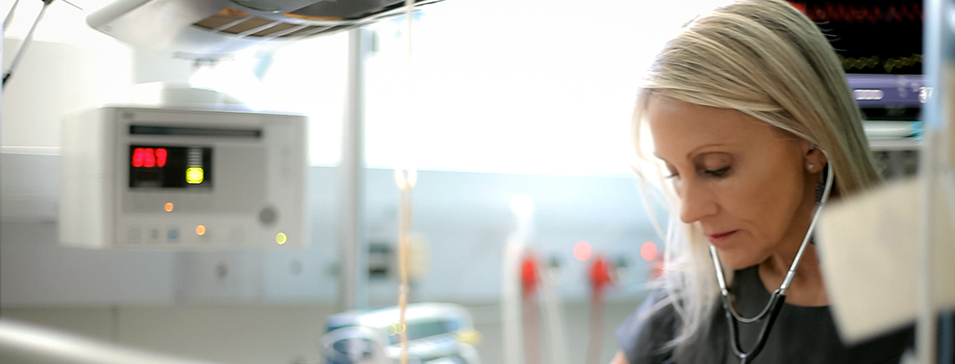
Dr Susan Vosloo is South Africa’s first female heart surgeon. She graduated from the University of the Free State (UFS) in 1980.
“Being a Kovsie student brings back great memories. I received great medical training at the UFS and have fond memories of my time at the university,” she says.
Dr Vosloo completed her internship in Pretoria and spent the following year in Critical Care Medicine at Universitas Hospital, Bloemfontein, before starting her surgical training in Johannesburg.
She is currently in independent private practice at the Netcare Christiaan Barnard Memorial Hospital in Cape Town, having also worked from 1998 – 2012 at the Vincent Pallotti Hospital in the same city.
Dr Vosloo maintains close ties with our university and has quite a number of additional roles to that of surgeon:
• member of the Council of the UFS;
• UFS Council Representative in the Senate;
• member of the Standing Advisory Committee of the School of Medicine, UFS;
• Kovsie Alumnus of the Year (1989);
• member of the Provincial Department of Health;
• Africa representative for the Paediatric Cardiac Intensive Care Society; and
• founding member of the World Society for Paediatric and Congenital Heart Surgery.
“I have always been proud of the medical training I received at Kovsies. I have worked and visited many institutions across the world and never felt less qualified. In fact, all the places I have worked and went to had high regard for the training I received and also accepted me in that way.
“I think the Department of Cardiothoracic Surgery at the UFS does some ground-breaking research that the university can truly be proud of,” Dr Vosloo says.